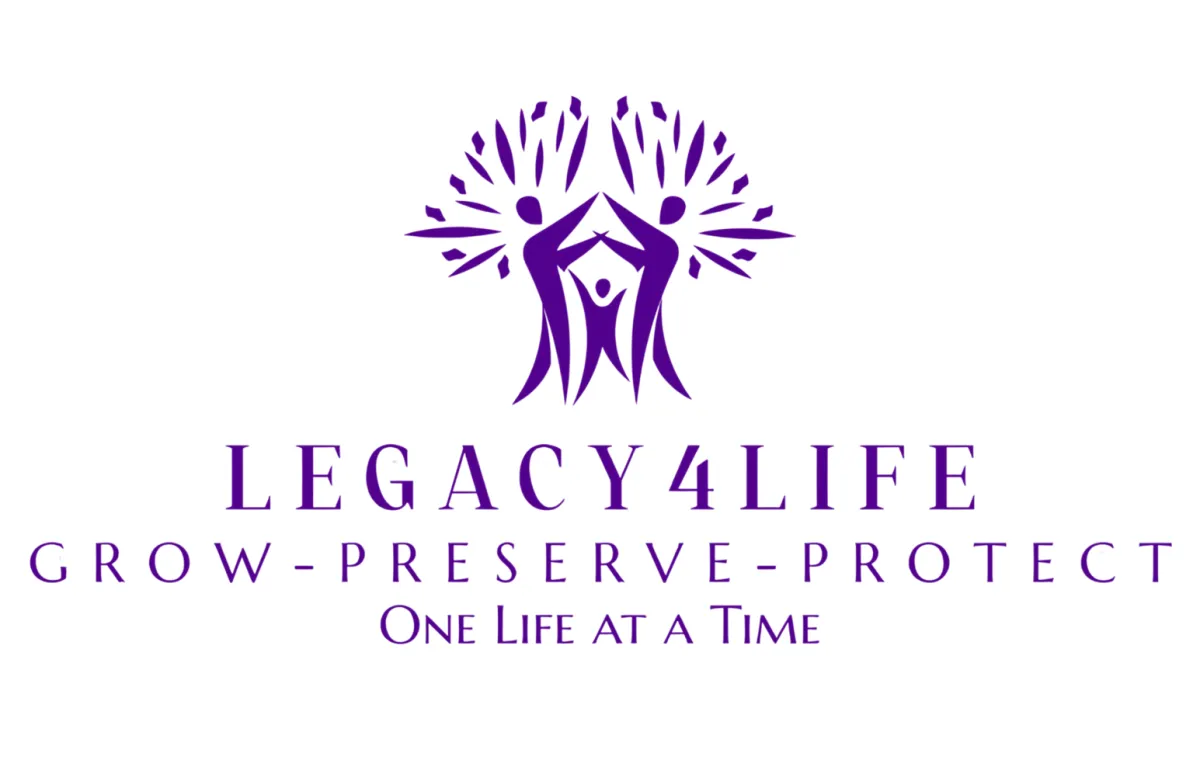Book a Consultation
Take the first step towards securing your family's financial future by scheduling a personalized life insurance consultation with our experts.
Book Now!
Frequently Asked Questions
Common Questions Answered for your convenience.
What is the difference between term and whole life insurance?
Term life insurance uses premiums to cover you for the determined “term” of the policy. Coverage expires if there is no claim within that time frame. Term life can be a good match for someone seeking affordable coverage to replace lost income over a critical period, such as while raising children or paying off a mortgage. Whole life insurance lasts your entire life if premiums remain current and have the potential to accrue cash value, depending on the policy. For these reasons, whole life insurance premiums are typically higher than term premiums for the same coverage amount.
How does Index Universal Life (IUL) Insurance work?
IUL is life insurance with a built-in savings account that grows based on the stock market (without the risk of losing money). It provides lifelong coverage and tax-free cash you can use while alive.
What is an Annuity, and how does it work?
An Annuity is like a personal pension—you put money in, and later, it pays you a steady income for life or a set period. It’s great for retirement planning because it provides guaranteed income.
What does life insurance cover?
Your life insurance can help cover significant expenses in the event of your passing while the policy is in force. For instance, the proceeds can be used for mortgage payments, debts, tuition, and everyday living costs. Ultimately, it is up to your beneficiaries to determine how to use the payout. The proceeds are typically provided as a lump sum and are generally tax-free.
Who will benefit from the Defined Benefit Plan Program?
The Defined Benefit Plan (Keogh Plan) is ideal for high-income earners and self-employed professionals seeking substantial tax-deferred retirement savings. It offers significantly higher contribution limits than traditional plans, making it valuable for those who have maxed out other retirement accounts. Benefits include reduced tax liabilities, the potential to build substantial retirement wealth, annual contributions of 500K–2M+ (based on income goals), and the ability to shelter millions in income, all while remaining IRS-compliant.
Who needs Final Expense Insurance?
Final Expense Insurance is crucial for anyone looking to spare their family from burdening funeral costs and medical bills. This small, affordable policy is designed to help cover end-of-life expenses.

